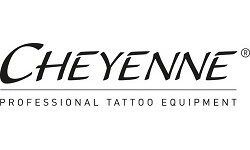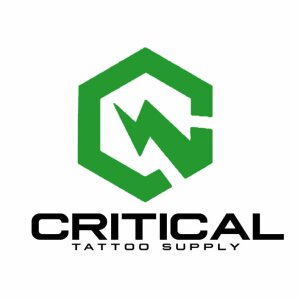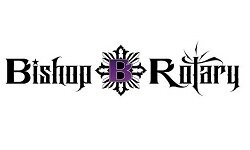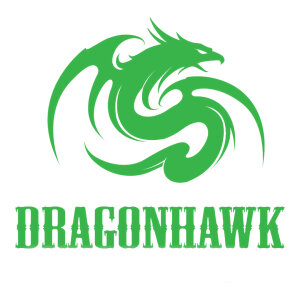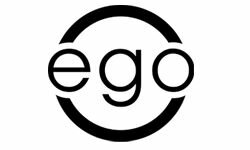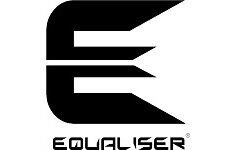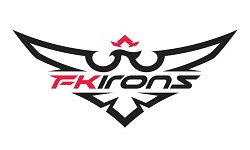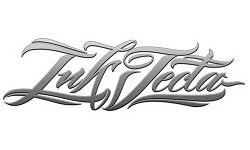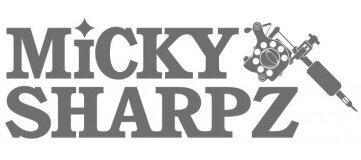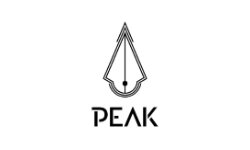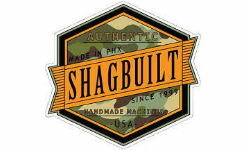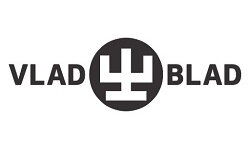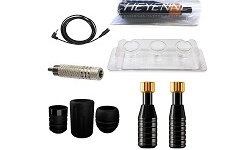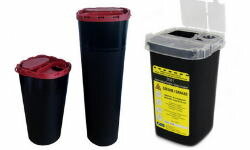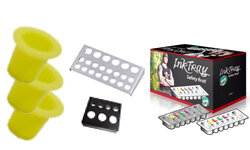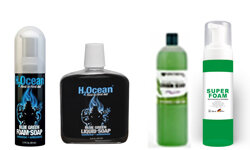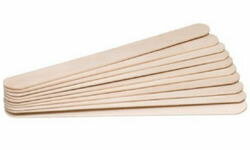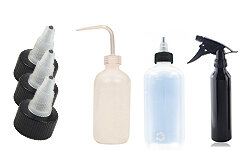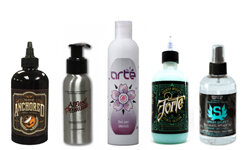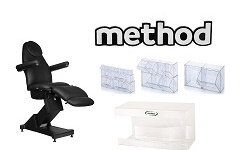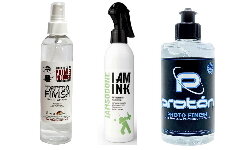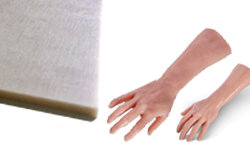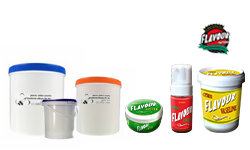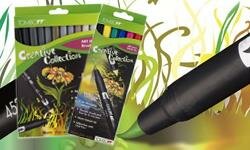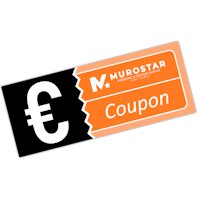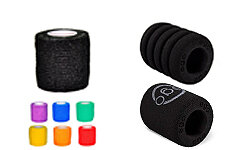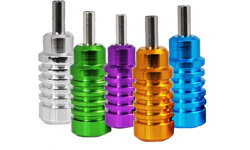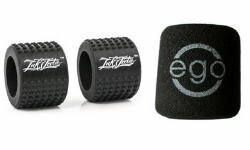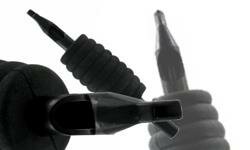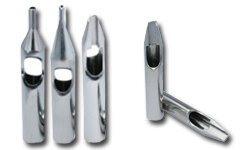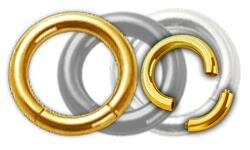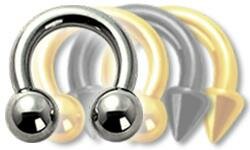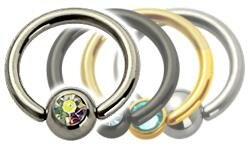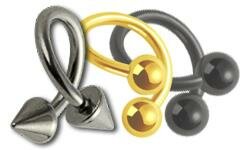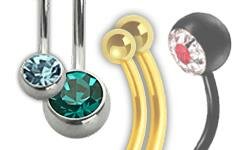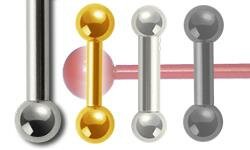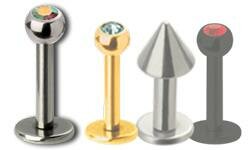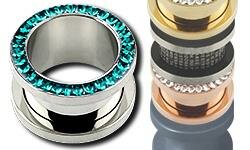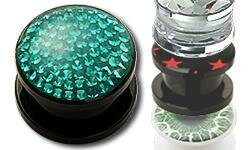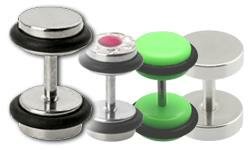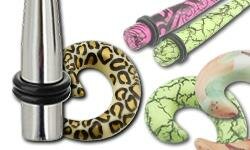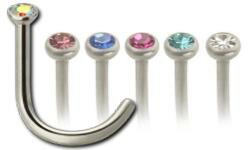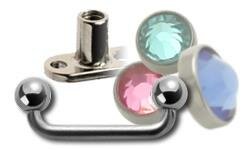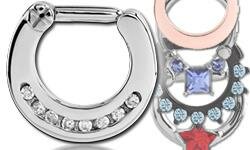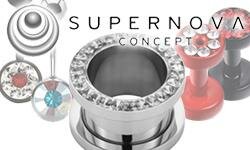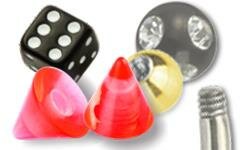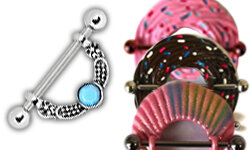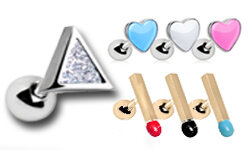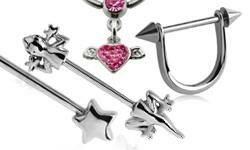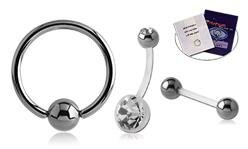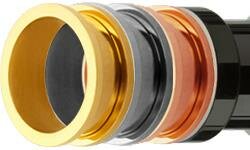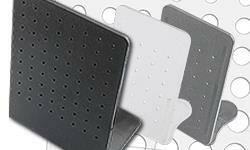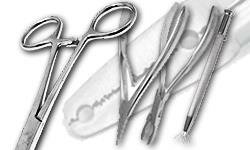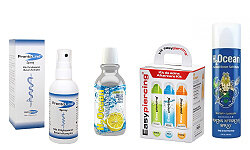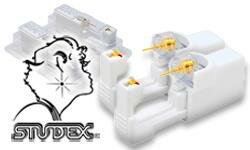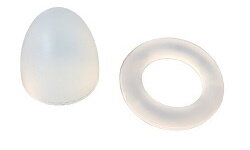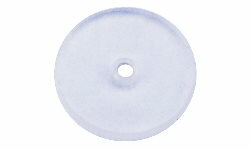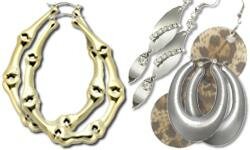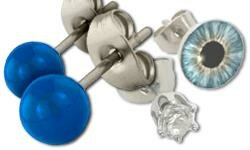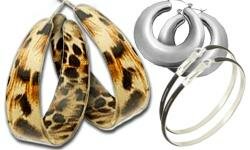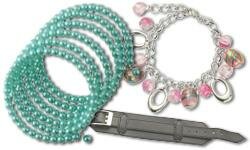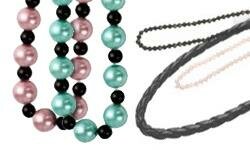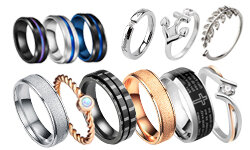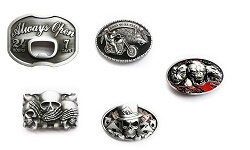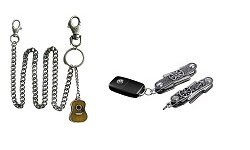Learning to Tattoo - Legal Basics in Tattooing
1. Basic Equipment for Tattoo Artists - The Guide
If you're starting your career as a tattoo artist, it's essential to be equipped with the right tools. Not only do these tools facilitate the tattooing process, but they also ensure the safety and satisfaction of your clients. Here is a detailed overview of the basic equipment every tattoo artist needs:
1. Tattoo Machines
Choosing the right tattoo machine is fundamental. There are different types of machines:
- Coil machines: Traditionally used and known for their versatility. They are ideal for both lining and shading but require some maintenance.
- Rotary machines: These are quieter and have less vibration, making them especially suitable for longer sessions.
2. Needles
Tattoo needles come in various sizes and configurations, depending on the type of work being done:
- Liner needles: For clear lines and contours.
- Shader needles: For shading and filling larger areas.
Needle cartridges are pre-assembled disposable needles that offer hygiene and convenience.
3. Tattoo Ink
The quality of the ink plays a crucial role:
- Black ink: The foundation for most tattoos.
- Color ink: High-quality pigments in various colors for creative and colorful designs.
- Vegan inks: An alternative for clients who prefer animal-friendly products.
4. Power Supply
A reliable power supply is essential to provide constant voltage to the tattoo machine. A good power unit allows you to precisely control the speed and strength of the machine. Alternatively, you can also use a wireless tattoo machine with a battery.
5. Hygiene and Protective Materials
Hygiene is crucial in the tattoo business:
- Medical gloves made of latex or nitrile
- Disinfectants for skin and tools
- Sterile dressings
- Protective covers for equipment and beds
6. Drawing and Transfer Materials
Before tattooing, the design needs to be transferred onto the skin:
- Transfer paper
- Skin markers
- Thermal copier, if available in the studio
7. Aftercare Products
Proper aftercare is crucial after the tattooing process:
- Aftercare ointments
- Moisturizing creams
- Special cleansing solutions for tattooed skin
8. Additional Accessories
- Work lamp: Ensures adequate lighting of the work area.
- Tattoo chair and bed: Ergonomic furniture is important to ensure comfort for both you and your clients.
- Organizer for equipment: Keeps your workstation organized.
9. Education and Further Training
While equipment is important, solid training is essential. Invest in courses and workshops to enhance your skills and stay up-to-date with the latest techniques.
Conclusion
Having the right equipment is just one part of what you need as a tattoo artist. It's also important to continually educate yourself and become familiar with the best practices in the industry. By investing in high-quality materials and good education, you lay the foundation for a successful career as a tattoo artist.
Cautions Against Products or Direct Imports from China
It's also important to note that direct imports of tattoo equipment from China are often to be approached with caution. Products from China are often more affordable but can vary in terms of quality, reliability, and safety standards. There's a risk that such products may not meet strict European or German regulations and standards, which can compromise both the health of clients and the professional reputation. To avoid long-term disadvantages, it is advisable to invest in recognized brands that consistently meet high quality and safety standards.

 Black
Black White
White Grey
Grey Brown
Brown Red
Red Yellow
Yellow Pink
Pink Skin Tones
Skin Tones Orange
Orange Violet
Violet Green
Green Blue
Blue